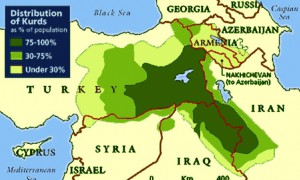
Why Networked Resilient Communities won't need China
Posted: 11 Dec 2011 04:39 PM PST
Here's the simple version of the message.
Big changes are coming. How you fare will be a function of the choices you make.
- The threat is the ongoing breakdown of the global economic and political system. Things are already bad for many of us, and they will get worse for nearly everyone as the decades wear on. In almost all cases, if you stick with the current economic system: you and your family will suffer.
- The opportunity is to build something new at the local level. A networked resilient community that produces most of what it needs and shares/sells/buys the rest virtually. An economic and political environment that you can have a say in.
One of the key parts of this opportunity for networked resilient communities? Local fabrication. The ability to make locally, using simple/inexpensive machines and designs downloaded from the Internet, the products we currently buy from China. This is a big idea. It's hard to get your head around. Once you do, it will change the way you think about the future. Here are three attempts to explain the idea (start with the video first).
- Phillipe Torrone: Is it time to rebuild and retool public libraries and make them tech shops?
- NPR story on how libraries have the potential to reinvent themselves by building hackerspaces.
- Here's a pretty good video on the future of local manufacturing (fab labs, 3d printing, etc.).







